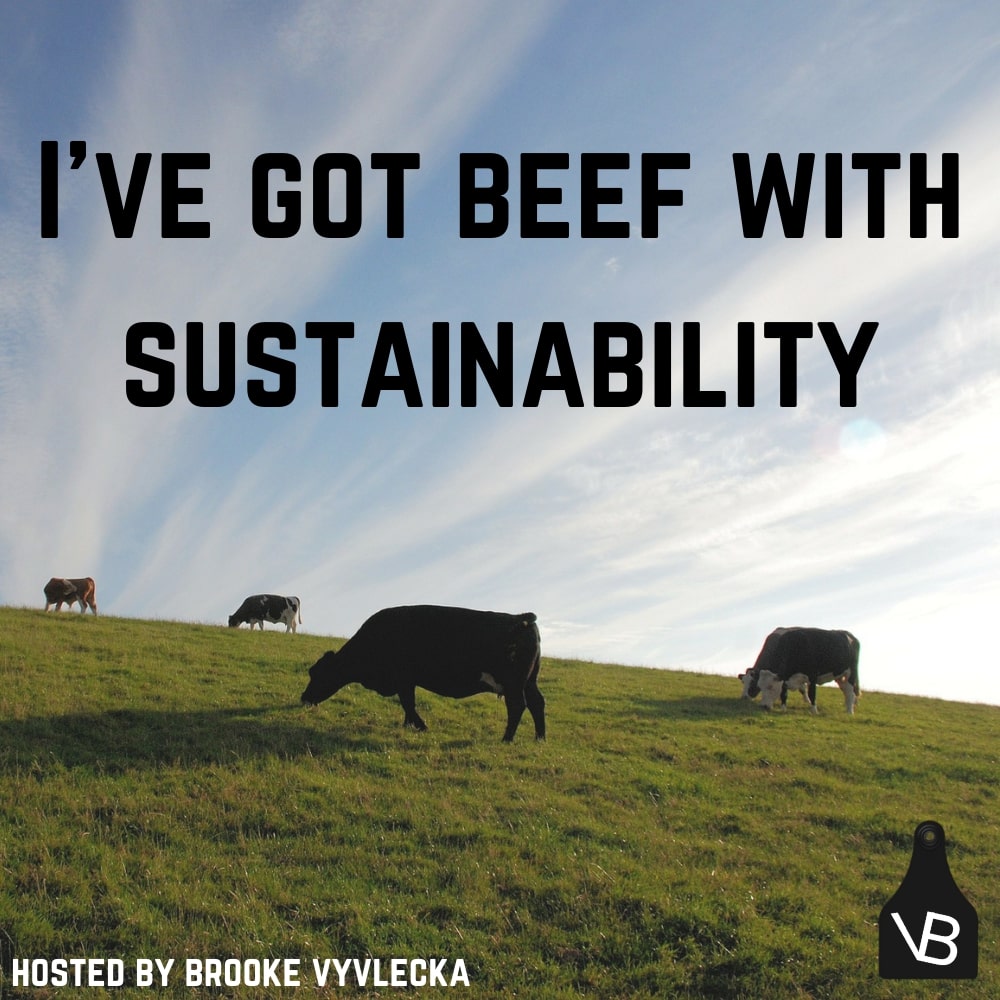Author: brookevyvlecka
-
Episode 2: Production Sustainability
Episode Summary For consumers, there is a certain level of credibility that comes from beef producers discussing sustainable production practices. On today’s episode, I sit down with south Texas cattle rancher, Payton Kaiser, and fourth-generation farmer, Blake Foster. They explain how cattle contribute to global sustainability and help meet the needs of a growing population.…
-
Episode 1: A Healthy Food System
Episode Summary Ending world hunger, responsible use of land and water, eliminating poverty, and creating a viable future climate. These are just a few of the big picture problems the world is trying to solve. In order to lay the foundation for future generations and preserve civilization, it is important to begin focusing on creating…

